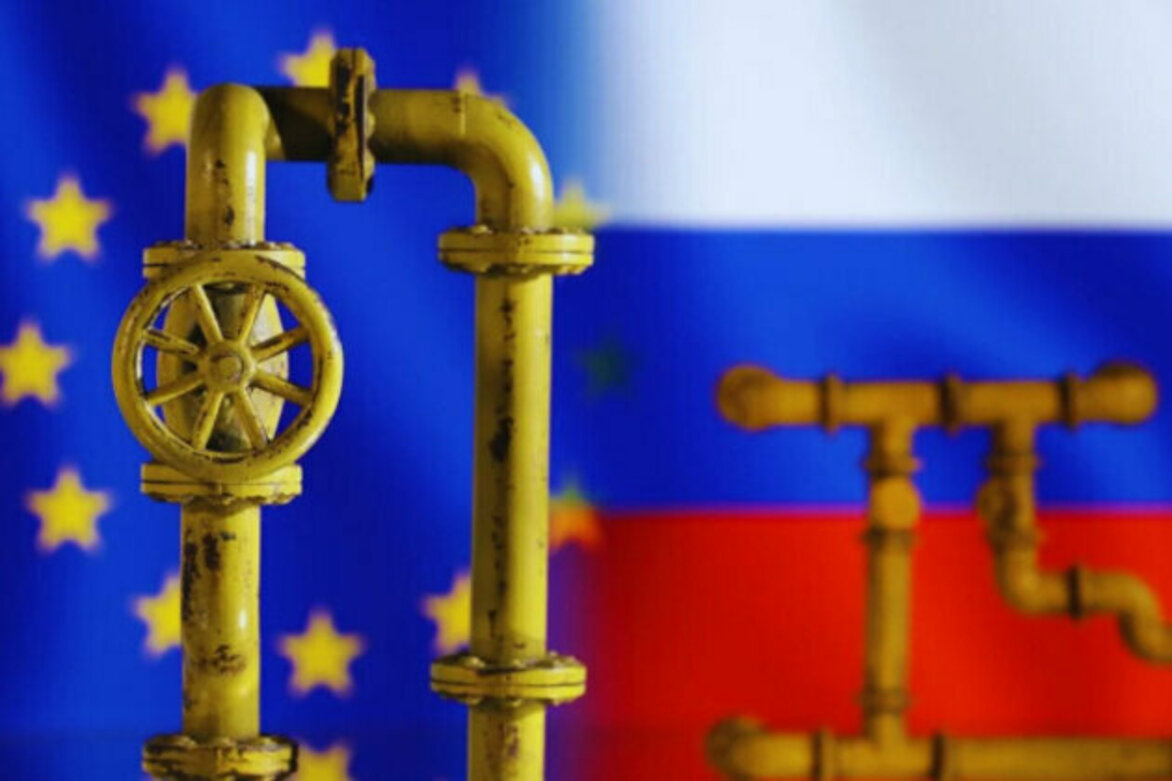EU to End Russian Gas Imports by 2027 as Part of New Energy Strategy
Novinite.com
07 May 2025

The European Union has set a goal to completely cut off Russian gas imports by 2027 as part of its broader strategy to reduce reliance on Russian energy resources. This move is part of the REPowerEU plan, which was presented by European Commissioner for Energy, Dan Jrgensen, in Strasbourg on May 6. According to Jrgensen, the EU is also planning to limit the import of Russian oil, increase efforts to combat Russia's shadow fleet, and scale back its dependency on Russia in the nuclear sector, including curbing supplies of enriched uranium.
Jrgensen further explained that the European Commission will introduce specific legislative proposals in June 2025, aligned with the roadmap. EU member states will be required to draft national plans by the end of 2025 to phase out Russian gas, oil, and nuclear energy imports progressively.
The roadmap outlines the EU's current imports from Russia, with 52 billion cubic meters (bcm) of gas in 2024?19% of the EU's total gas imports?13 million tonnes of crude oil, and over 2800 tonnes of uranium. Notably, 10 EU member states imported Russian gas, 3 still imported Russian oil, and 7 relied on Russian enriched uranium or uranium services last year.
The strategy includes ending any new contracts with Russian gas suppliers, both for pipeline and liquefied natural gas (LNG), with existing spot contracts set to expire by the end of 2025. This will allow the EU to reduce its remaining Russian gas imports by about one-third by the end of 2025, with the aim to eliminate all Russian gas imports by 2027.
In terms of oil, which made up about 3% of the EU's total imports in 2024, the EU will target Russia's shadow fleet, which has been involved in illegal oil transportation. The upcoming proposals from the European Commission will also address the reduction of Russian enriched uranium imports and limit new contracts for uranium and other nuclear materials.
Additionally, the European Union is working on the European Radioisotopes Valley initiative, which aims to boost domestic production of medical radioisotopes to ensure the EU's supply in the future.
As part of this initiative, the European Commission is also exploring the legal feasibility of banning EU companies from entering into new contracts for Russian fossil fuels.
